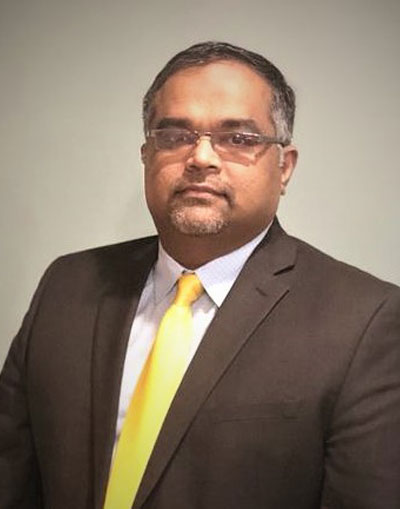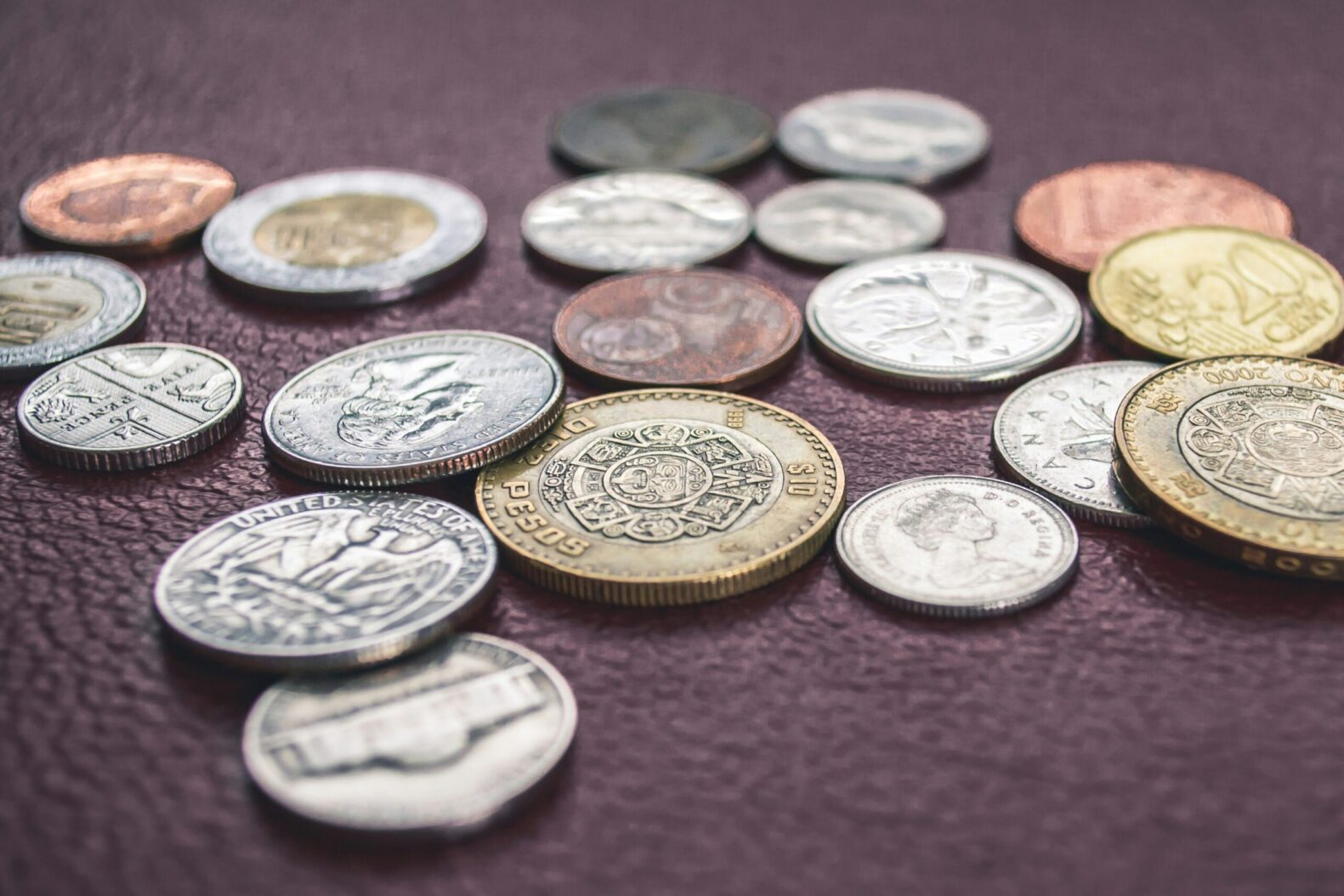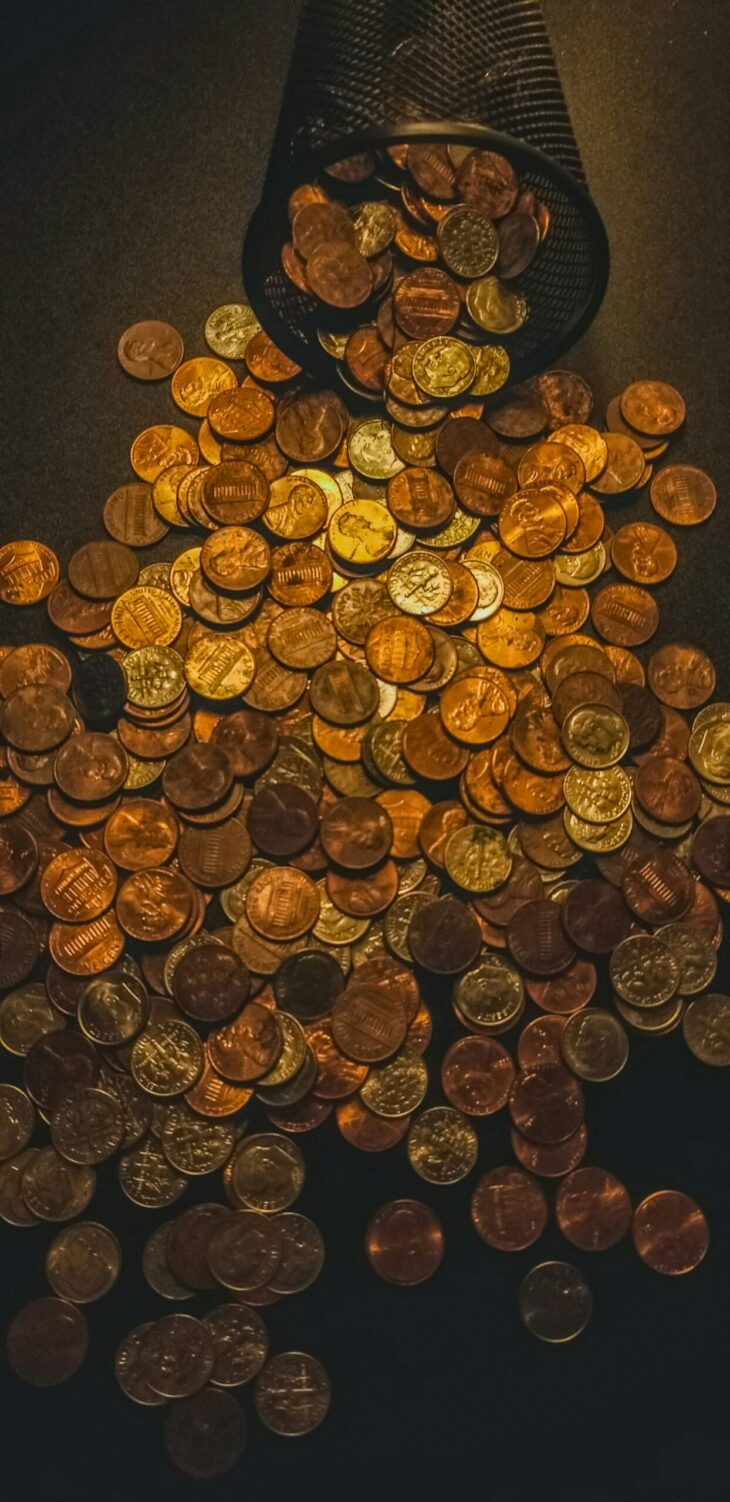
“We believe in making education affordable to all”- Mr. Syam Kumar
Mr. Syam Kumar, please accept our congratulations on your experience in Offshore medical schools and international higher education.
Thank you for giving me the opportunity for this discussion. Offshore medical school is a very exciting domain to be in. While offshore medical school is a terminology widely used by schools operating in the Caribbean region as they are offshore of the US mainland. Texila in all sense a Guyanese University catering to a larger international audience. We are an extremely diverse University with student representation from 46 different countries. I have been privileged to work with some of the good schools of higher education in the Caribbean region.
1. Since education is the field with the highest regard, but the majority of people dream of financial success, it is incredibly encouraging to see you select this career path. What made you decide to go in this direction?
Ans: As Nelson Mandela said, “Education is the most powerful weapon which you can use to change the world”. Historically, education has been seen as a nonprofit venture but over the years more and more businesses are seeing it as a business opportunity. As of 2021, the global higher education market is worth $85.43 billion. In Malaysia, Japan, South Korea, Indonesia, the Philippines, and other countries, for-profit education constitutes over 70% of the higher education sector. I believe education is a ‘Noble Business’ where institutions have the opportunities to change the lives of hundreds of people. So it’s definitely an opportunity to be successful financially as well as provide a great service to society which is more than satisfying to me.
2. Being the leader of an organization can be particularly challenging when it comes to education. What overarching principles guide your management style?
Ans: Our Mantra at Texila American University and I personally have been that quality is the best business plan. Our focus has purely been on the quality of education we provide in all aspects and success is a natural outcome.
3. Redefining and revolutionizing international education is one of Texila American University’s goals. What exactly do the terms “redefine” and “revolutionize” mean?
Ans: From day one our focus has been to change the traditional way higher education is seen. We incorporated the use of technology in education. We developed a model for online learning called BRICS which uses block base learning to enhance the student experience and improve student performance and outcome. Our idea has been to present higher education as a forward-looking opportunity and move away from the traditional university or college setup.
4. Did you experience pressure when you transitioned to the education sector after working in the finance sector and holding the position of Chief Financial Officer?
Ans: I have been working in the higher education sector since 2002. I was the chief financial officer of an International Medical University and hence taking up further leadership roles in the same industry has not been a challenge. Finance is a unique domain that is not industry-specific; hence, being the CFO of any industry should not affect pursuing further leadership opportunities.
5. Compared to the education sector, which is almost always associated with emotion, the financial sector seems to be more professional. Do you concur with the concept? If so, how do you manage your emotions while carrying out your job?
Ans: As leaders and as managers we all have to live with our emotions no matter what industry or sector, we are in. It’s our decision whether our emotions should affect our work or business. I don’t let emotions take the front seat when I make business decisions and which is how many I believe in leadership roles.
6. Are there any programs being developed for bright but underprivileged students?
Ans: Texila American University believes in providing education to students from different facets of life and society. We are one of the most affordable medical schools in this region and we offer top-notch facilities. As our mission says we believe in making education affordable to all and we have been living with this principle. We also offer a variety of scholarships for underserved and underprivileged communities.
7. The pandemic crisis cannot be forgotten. Everyone has had an extremely difficult time during the pandemic years. Therefore, the education sector faced several difficult circumstances. how the university handled the situation?
Ans: The pandemic has been a crisis and challenge for education as well as all other business sectors. It was more challenging for us as we are also medical schools where traditional labs and practical aspects form more than 50% of the curriculum. The covid outbreak came at a time when Texila was planning on reopening its classes for the March 2020 semester. The challenge was five-fold.
8. How can we give the same learning experience to the existing students who are already in Guyana, how would new students who have not started classes see this issue, and how many would cope with the challenges of online classes? For the medical program, How will clinical training be impacted during this time and how can we engage our clinical students until hospitals allow students for proper clinical rotations?
Ans: With these three key challenges to be addressed, at the very initial stages of the Corona outbreak, a COVID task force was created, the Taskforce comprised of senior leadership and academicians and a well-thought plan was created to handle these issues one by one. All the classes were converted to the online model using Zoom. Classes were conducted via live lectures following the same schedule as the regular classes. Periodic quizzes and case discussions were included to increase student interaction in online classes.
The new student orientation structure was changed to a more virtual model to give students more information on the campus, facilities, and people. The idea was to give students a feel of life on the Texila campus and life in Guyana as these students will only arrive in Guyana when international travel and normalcy return. The senior leadership team interacted with the new students every Friday for the first 3 months understanding their challenges and providing additional support to the new students.
Didactic lectures were started for clinical students along with interactive case discussions. While these interventions were not aimed at replacing the hands-on clinical training it was provided as supplemental learning opportunities to engage students more while the lockdown continued. Programs other than medicine were fully converted to online mode with frequent quizzes and case discussions as part of the methodology.
TAU has been using a learning management system since its inception where faculty used to upload all the relevant lecture notes and presentations and provided practice tests. This system was fully leveraged during the COVID lockdown as students were already used to this system and since the learning was supplemented with live lectures most students felt that online learning was a great experience.
TAU also leveraged its affiliation with Ponce University and as a part of this relationship, online videos and class lectures were made available to TAU medical students as a supplemental source for learning. Faculty were offered training and orientation for the online teaching skills development and by the end of March 2020, all classes were going smoothly in the virtual model.
Exams were also conducted online with faculty proctoring students using the camera and with the support of systems like safe browser and lockdown browser. Dean and senior faculty met with students every other week and a live chat for student support was established to handle student problems immediately. Student council members worked closely with the faculty and administration and a proper and timely communication system was established to avoid any potential issues.
From March 2020 onwards panel discussions and radio shows were launched with faculty, admin, and also with the support of external speakers. These were aimed at providing students with more engaging activities that were outside of learning. With these measures, our student retention ratio during the pandemic was 90% and student satisfaction surveys showed a rate of 90% consistently in all semesters.
9. What difficulties did the university face in sustaining its growth and the quality of its education?
Ans: Going by our philosophy of quality over quantity, as a business, we had to invest heavily in faculty and infrastructure without looking at the income during the initial years. Caribbean education is an ever-evolving and highly competitive industry. It has not been easy starting with 10 students and crossing the 1000-student mark in 10 years’ time. We invested in the right people and focused on quality which was instrumental in us sailing through the tough times.
10. Finally, Give the young people some enchanted advice so they would be inspired to pursue careers in education.
Ans: Again quoting Nelson Mandela “Education is the most powerful weapon which you can use to change the world”. With the best education, we can truly change the world and we have seen this in all developing and developed countries. My advice to youngsters is education is your passport for your future and you have to prepare today for that better tomorrow.






